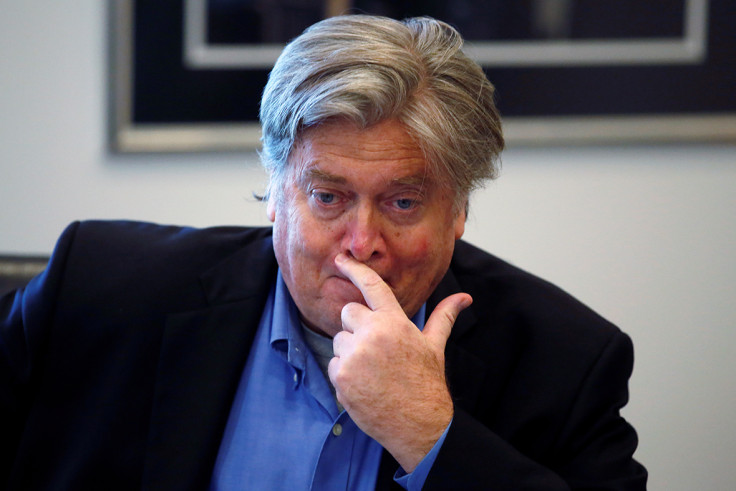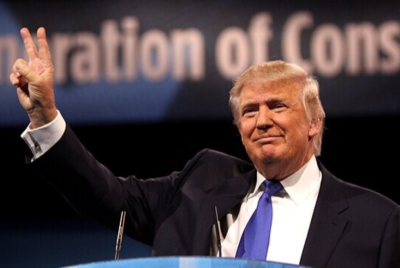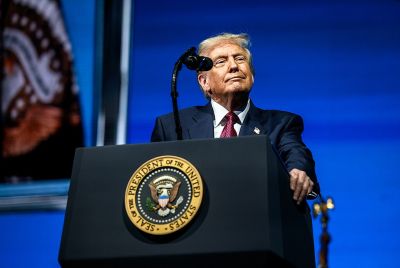Will Steve Bannon be removed from National Security Council by Trump's new adviser?
White House press secretary says Lt Gen HR McMaster has 100% control over committee.

US President Donald Trump's new national security adviser could remove chief strategist Steve Bannon from the nation's top security body.
"He is the National Security Advisor, and he will have whatever he needs to implement a successful team," White House press secretary Sean Spicer said of Lt Gen HR McMaster during a press conference on Tuesday 21 February.
McMaster was named Trump's top national security adviser on Monday to widespread bipartisan support. His appointment came a week after retired Lt Gen Michael Flynn resigned after just 24 days in the post amidst a scandal he misled Vice President Mike Pence about his contacts with the Russian ambassador.
If McMaster wants to remove Trump's controversial chief strategist Steve Bannon from the National Security Council, Trump "would take that under serious consideration," Spicer said.
President Trump was angered after he was not fully briefed on one of the first executive orders drafted by Bannon. When Trump signed it, it vaulted Bannon onto the National Security Council, the nation's top forum for intelligence and defence information usually reserved for military generals. The order also diminished the important roles of Joint Chiefs of Staff and the director of national intelligence who will now only sit on the council by invitation.
Both Republicans and Democrats questioned whether the move would inject Bannon's ideologically right-wing politics into the council's decisions.
McMaster hasn't indicated whether he will make any changes on the council, and whether he will replace his current deputy, KT McFarland, who was close to, and brought into the White House, by Flynn. Unlike his predecessor, McMaster will also face confirmation hearings in the Senate because he will remain on active duty in the military during his tenure.
"But the president made it very clear with him and the other candidates," Spicer said, "that they had 100 per cent control and authority over the national security committee."
© Copyright IBTimes 2025. All rights reserved.





















